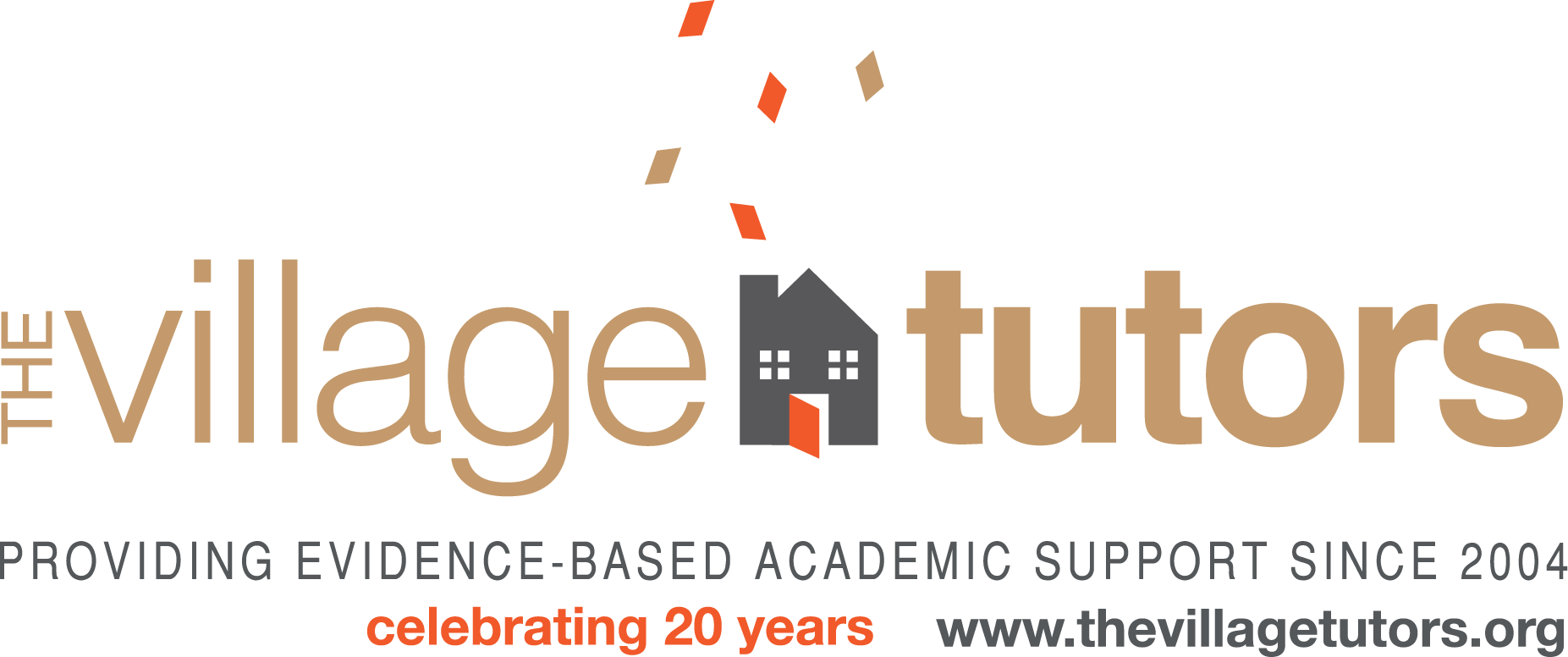|
We’re often asked, “how do I know if my child actually needs a tutor?” Usually, if this is a question you’re asking, it’s reasonable to believe your student would benefit from some outside help. But it also begs another question, “does my child just need extra help, or are they struggling with a learning challenge?” It’s a question that deserves to be answered.
As the parent, there are some things you can do at home in order to identify whether your child may have a learning difficulty or delay. Then, if you identify potential learning challenges at home, you can seek the professional opinion of those trained in the diagnosis and support of that specific learning challenge. Sounds simple enough. But as parents, we know how hard it can be to analyze something we may not know much about. And trying to figure out what’s going on when your child is struggling can feel overwhelming. Sure, we have our parental “gut instincts” – and while those are incredibly valuable…there’s something else that may help: Take N.O.T.E. Take N.O.T.E. is an effective “at-home” approach that can help identify potential learning challenges for your student. Step 1: NOTICE Perhaps it goes without saying, but first and foremost you must identify a specific action or behavior that is out of the ordinary. You may not understand what’s going on with your child, but noticing it and acknowledging that it’s out of the ordinary is the first step. Step 2: OBSERVE Identify and keep track of patterns in your child’s action/behavior you identified in step 1. An easy, always-available place to do this could even be your (iCal) phone calendar. It often helps to keep a physical log (literally, take notes – no pun intended) to be able to go back and begin to see patterns, if any, in your child’s behavior. Step 3: TALK This includes not only talking to your child about what you’re observing, but also talking with those who know your child well, like teachers and other caregivers. Step 4: ENGAGE This is the final step – and it includes connecting with experts like your child’s doctor and school specialists who can help you solidify an understanding of whether your child has a learning or thinking difference. Here is an interactive online guide from the creators of the Take N.O.T.E. method, complete with helpful, easy-to-understand videos for each “step”, discussion guides when it comes to “engage” or “talk”, and even downloadable observation tool templates. --- Need more help? Our team of tutors have had incredible success with our highly-personalized approach. Browse our website to learn more about our approach and the programs we use to help students who struggle. Comments are closed.
|
Archives
June 2024
|
Website by RyTech, LLC


